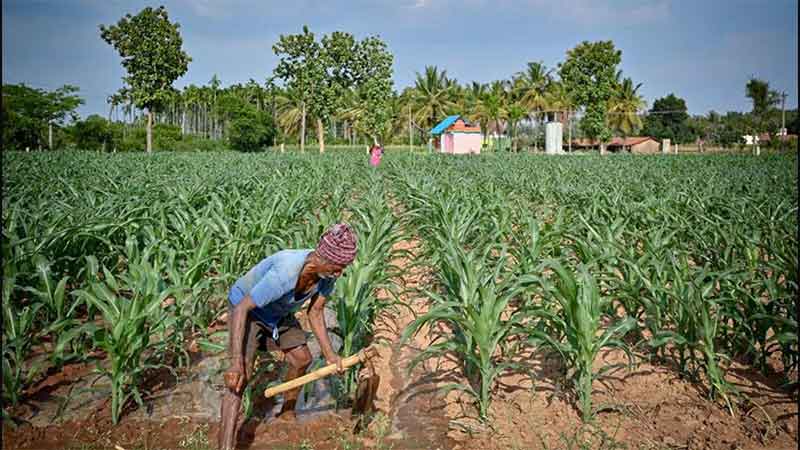
There has been an increasing tendency worldwide to divert a lot of high-nutrition food crops to industrial uses. In addition many other food crops are not being used as staple foods but instead are being processed in many complicated ways to serve as raw materials for food industry in very different forms. What impact will this have on food security and food safety?
On the one hand if a lot of staple food crops are diverted to industrial use then there can be a shortage of staple food despite increase being reported in this crop production. On the other hand food safety can be compromised by highly complex processing, involving many chemicals, whose health impacts are not realized , or else are actively hidden or understated.
To give one example, a significant amount of corn has been steadily shifted to high-fructose corn syrup (HFCS) which has several uses in food industry and other industrial uses as well. How is HFCS obtained from corn? Raj Patel has described this in his widely acclaimed book ‘Stuffed and Starved’, “Through a process known as wet milling, corn is first dried, sorted and dipped in sulphurous acid; the germ of the seed is removed, washed, filtered, spun and then heated with weak hydrochloric acid to make corn syrup. At this point, the resulting mixture, once cleansed and treated, is about three-quarters as sweet as sugar. To raise the sweetness level, the amount of fructose is raised by reacting it with enzymes, and then it is made sweeter still by distilling and concentrating it. The resulting 80-90 per cent fructose is then diluted to get the industry standard 55 per cent high-fructose corn syrup.”
We leave it to the readers to decide how proper and safe it is to process a high nutrition staple food-crop in this way. An additional issue is that once such industrial uses become more important, crop-breeding is increasingly used to switch over to those varieties of food crops which are more amenable to industrial processing, and hence availability of nourishing, healthy, safe food suffers at several levels.
There is a fast growing worldwide trend towards very heavy diversion of food crops for use as bio-fuels. While on the one hand there is a big diversion from food to fuel in this, the actual loss to food security can be even more if more fertile lands suitable for food are diverted to bio-fuel and are used in unsustainable ways for monocultures of bio-fuel crops on a large scale, using high external, chemical inputs. While bio-fuels can contribute to reducing use of fossil fuels, if fossil-fuel intensive inputs are used to produce bio-fuels, abandoning organic production of food in ways which reduce or absorb GHG emissions, then the net result may not be useful from the point of view of checking climate change.
Writing about trends and prospects in bio-fuel in India, the Petroleum Minister Mr. Dharmendra Pradhan recently wrote in The Hindustan Times ( article titled How Biofuels Can Double Farm Incomes published on December 28), “Ethanol supplies have improved from 380 million litres in 2013-14 to 1.89 billion litres (1890 million litres) in 2019. Offers of about 3.5 billion litres from both sugar/molasses and grain-based distilleries are expected this year.” In addition this article refers to a recent decision to “utilize surplus rice available with the Food Corporation of India and maize as an additional source of feedstock for ethanol production.”
Hence clearly there is need for concern, at a time of widespread hunger and malnutrition among the people, regarding the transfer of staple food crops to industrial uses and related factors.
Bharat Dogra is a journalist and author. His recent books include Man Over Machine and Protecting Earth for Children.
SIGN UP FOR COUNTERCURRENTS DAILY NEWSLETTER













































